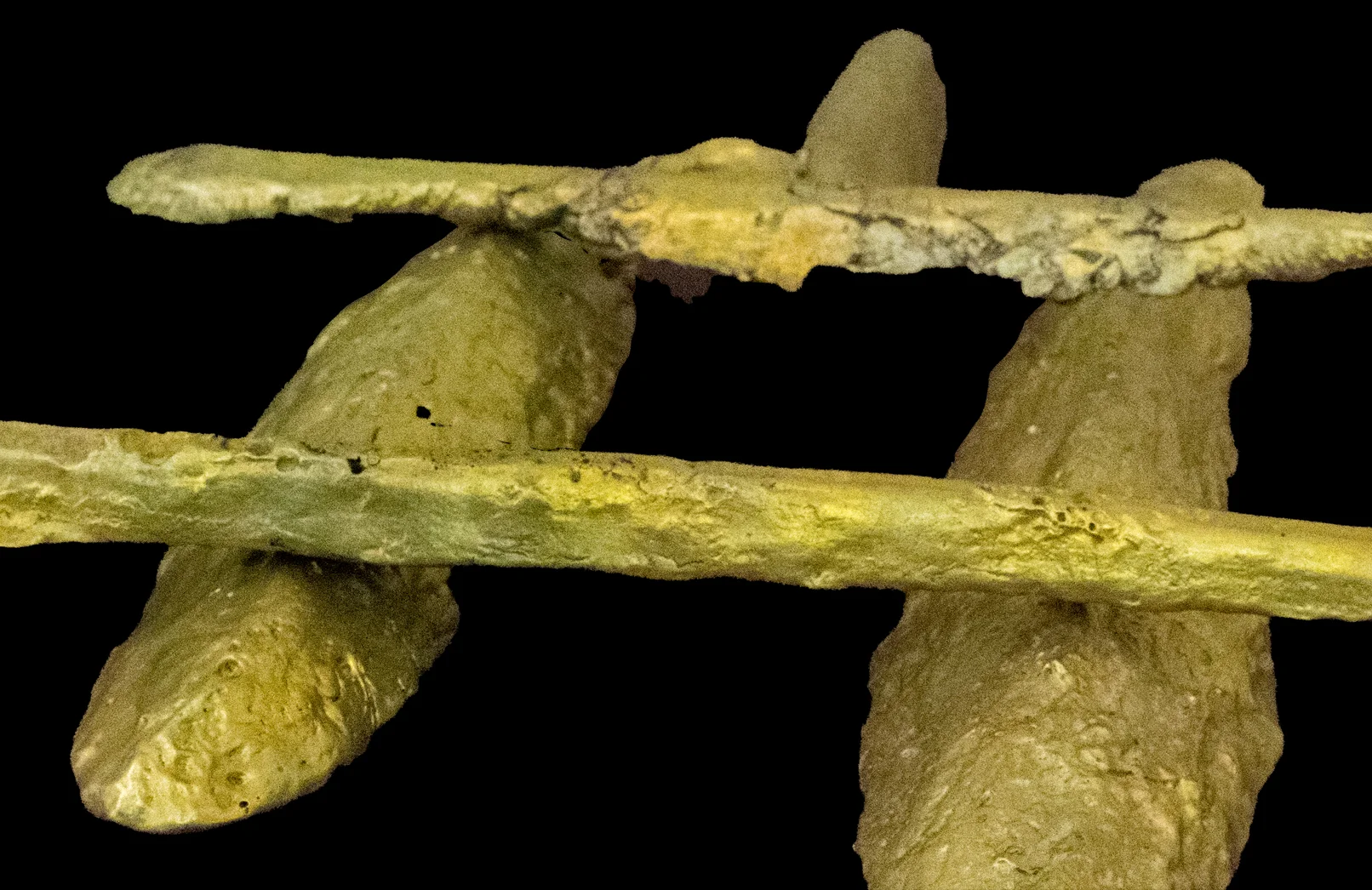A 5th century shipwreck that sunk off the coast of Sicily with a cargo of rare orichalcum is to be recovered.
The wreck, named Gella II, was discovered in 1980 by divers near the port of Gela. During antiquity, Gela was an influential polis of Magna Graecia, known throughout the ancient world for an extensive emporium that included workshops, warehouses and shops.
The ship and its cargo were found exceptionally well-preserved at a depth of 1,000 feet, providing rare insights into ancient Greek seafaring, trading networks, and shipbuilding technology.
In 2015, investigations of the wreck by underwater archaeologists recovered 39 ingots of rare orichalcum metal, while in 2017, further investigations recovered 47 ingots.
Orichalcum, derived from the Greek word oreikhalkos, literally translates to “mountain copper”, and is a golden-yellow alloy that classical writers linked to the lost continent of Atlantis.
In Plato’s account of Atlantis, Critias, one of Plato’s late dialogues, described orichalcum as a metal of great worth, second only to gold.
Plato’s text further described the Temple of Poseidon and Cleito on Atlantis as being surrounded by three outer walls, each adorned with a different metal. The first wall was clad with brass, the second with tin, and the third with orichalcum.
Previous excavations of the shipwreck also found a valuable cargo of Corinthian helmets, amphorae ceramics, metal objects, and personally belongings of the crew.
The recovery project, led by the Superintendence of the Sea of the Sicilian Region, includes a collaboration with the Atlantis of Monreale (PA) and Cosiam of Gela (CL), which secured funding of 500,000 euros to excavate and recover the shipwreck.
Header Image Credit : Emanuele riela – CC BY-SA 4.0
Sources : Regione Siciliana





